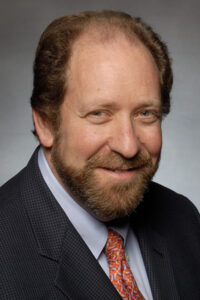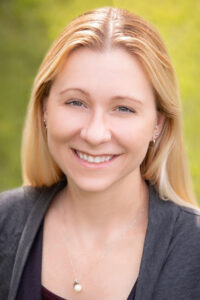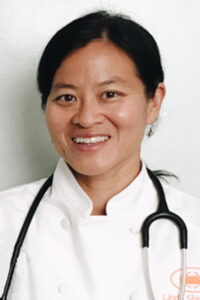
During a Saturday morning presentation at the Scientific Sessions, three culinary medicine researchers will demonstrate how clinicians can improve patient outcomes through nutrition. The two-hour virtual session, Culinary Medicine—Its Role in the Prevention and Treatment of Obesity, Diabetes, and Metabolic Syndrome, will begin at 8:00 a.m. CT Saturday, June 13.
David M. Eisenberg, MD, Director of Culinary Nutrition at Harvard T.H. Chang School of Public Health, will begin with an overview of culinary medicine and discuss the growing trend of teaching kitchens.
“It’s always been my view that food, diet, and lifestyle are essential to the prevention and management of diabetes,” Dr. Eisenberg said. “When you combine medicine and the culinary arts, you have a superpower.”
Dr. Eisenberg will explore the future of culinary medicine, as well as what he describes as the “unaddressed past.”
“We need to teach people why they should make better choices, and then show them how to make better choices,” he said. “We can make it fun, fast, and delicious. Dozens, if not hundreds of teaching kitchens are being built in hospitals, clinics, community centers, and more. Physicians need to see these. Teaching kitchens teach people not only how to cook, but also how to shop and plan.
“It’s not just a kitchen,” Dr. Eisenberg continued. “The kitchen can be viewed as the neon light attracting people. It brings them in. Once they’re in, it becomes a learning lab for life skills and a training site for health professionals. The teaching kitchens being built today are the translational research labs of the future.”

Michelle Hauser, MD, MS, MPA, a chef who is also Clinical Associate Professor (Affiliated) at Stanford University School of Medicine, will review strategies to educate clinicians about culinary medicine during medical training and beyond.
“Diet has been identified as the single most important risk factor for morbidity and mortality in the United States, yet most health care providers spend relatively few hours learning about nutrition during their training,” she said.
Dr. Hauser will demonstrate how culinary medicine fills this educational gap by focusing on practical dietary behavior changes, food knowledge, and the cooking skills needed to move toward a healthier diet. She will also discuss limiting factors like time constraints, financial resources, and cultural food traditions.
“Culinary medicine can be thought of as the applied, laboratory portion of a nutrition curriculum for students and trainees,” Dr. Hauser said. “Such training can be provided as part of the medical school curriculum, incorporated later as continuing education, or included in training programs for those in allied health fields.”
Dr. Hauser has developed a comprehensive, open-source culinary medicine curriculum that can be used to create training programs for health professionals and patients. She will share the curriculum during her presentation.

Chef Linda Shiue, MD, Director of Culinary Medicine at Kaiser Permanente San Francisco, will discuss how to translate culinary medicine science into solutions for type 2 diabetes prevention and management.
“I think of culinary medicine as both timely and timeless,” she said. “This is how we started doing medicine. Medications are fantastic, but if we’d kept the basics of eating whole foods, moving every day, getting enough sleep, and reducing stress—if we hadn’t neglected the lifestyle approaches—we’d be in a better place. Sometimes patients can reverse type 2 diabetes simply with how they feed themselves and through exercise. That’s really powerful. And it’s not something I was taught in medical school. Many physicians still believe medication is the only way, but I don’t believe that.”
Dr. Shiue said lifestyle interventions can empower patients because they’re tools they can use themselves.
“If you give a patient the confidence to make changes, and they see the results, that’s powerful,” she said. “If you give them something they can integrate into their lives, it’s a change they can make for the rest of their lives.”
Dr. Shiue, who dedicates one day each week to culinary medicine, will discuss the implementation of culinary medicine interventions in clinical settings. She will also review the practical considerations for teaching culinary medicine in various environments and with varying equipment.
VIEW THIS PRESENTATION
Already registered?
View this presentation at ADA2020.org
Not yet registered?
Register now to access all presentations from the Virtual 80th Scientific Sessions

